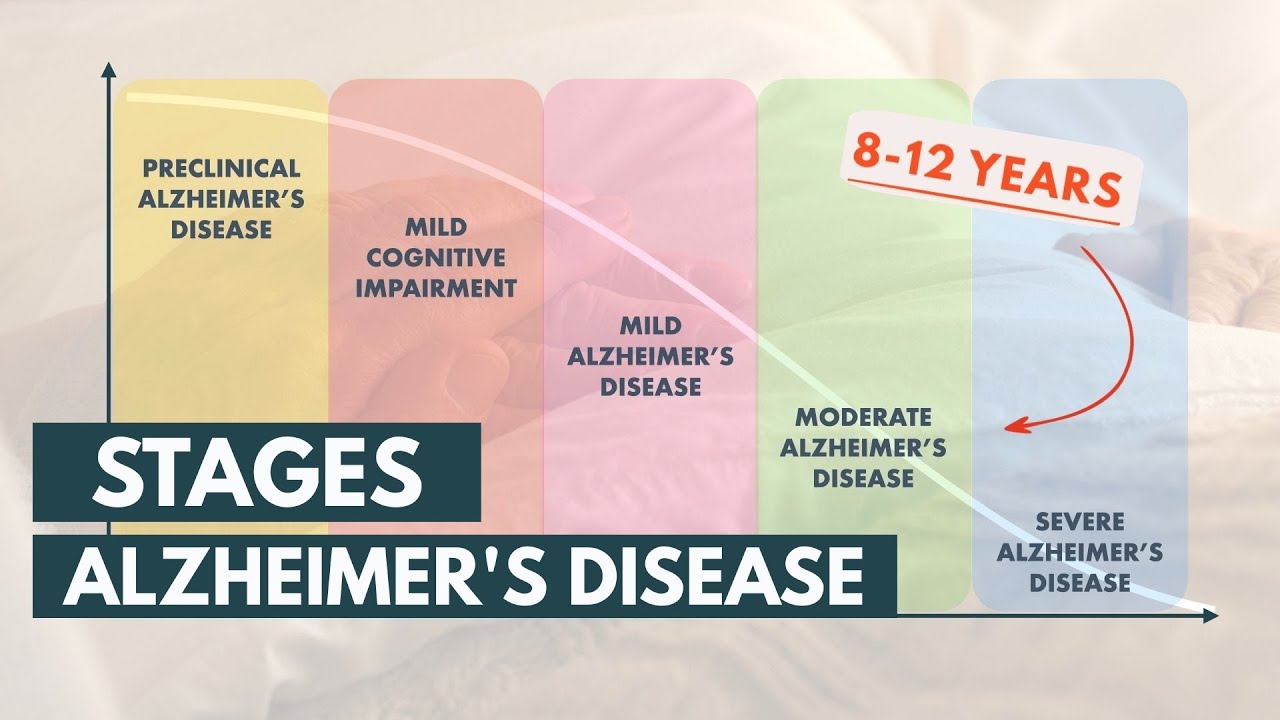Differences between Impairment, Disability and Handicap
Summary
TLDRThis educational video clarifies the differences between impairment, disability, and handicap. Impairment refers to a missing or defective part of the body, such as a limb or organ. Disability is the difficulty a person faces in performing tasks due to impairment, while handicap arises when a disability limits access to societal facilities, creating social disadvantages. The video emphasizes that impairments affect the organ level, disabilities limit personal activities, and handicaps lead to societal barriers. It concludes with a disclaimer advising viewers to seek professional medical advice for specific concerns.
Takeaways
- 😀 Impairment refers to a missing or defective part of the body, such as the eyes, ears, limbs, or brain.
- 😀 A disability arises when an impairment makes it difficult for a person to perform certain activities or interact with the world.
- 😀 Disabilities can be cognitive, developmental, intellectual, mental, physical, sensory, or a combination of these factors.
- 😀 An example of a disability is not being able to walk due to the loss of a limb.
- 😀 A handicap is the social disadvantage that results from impairment or disability, limiting access to certain facilities.
- 😀 Handicap prevents people from fully participating in society, such as being unable to climb stairs due to physical limitations.
- 😀 Impairment leads to functional loss at the organ level, affecting the body’s ability to perform normal functions.
- 😀 Disability leads to activity limitations at the individual level, affecting personal abilities.
- 😀 Handicap results in social disadvantages at a societal level, restricting access to environments or opportunities available to non-disabled individuals.
- 😀 The information provided in the transcript is for educational purposes and not intended as medical advice.
- 😀 Anyone seeking specific medical advice should consult a doctor or therapist for assistance.
Q & A
What is the definition of impairment?
-Impairment refers to a missing or defective part of the body, such as the eyes, ears, limbs, or brain. It represents a loss of function or abnormality in structure.
Can you give examples of impairment?
-Examples of impairment include the loss of a limb, blindness, deafness, or brain injury that affects cognitive functions.
How does disability differ from impairment?
-Disability is the difficulty an individual faces in performing daily activities due to an impairment. While impairment refers to the physical or mental condition itself, disability refers to the functional limitations it causes.
What are the different types of disabilities?
-Disabilities can be cognitive, developmental, intellectual, mental, physical, sensory, or a combination of these factors.
How does a handicap result from impairment or disability?
-A handicap is a societal disadvantage that arises due to an impairment or disability, such as being unable to access public facilities that are available to non-disabled individuals.
What is an example of a handicap?
-An example of a handicap would be not being able to climb a staircase due to the lack of accessible ramps or elevators for individuals with mobility impairments.
What is the difference between disability and handicap?
-Disability refers to limitations in an individual's ability to perform tasks or engage with their environment, while a handicap is the social disadvantage or barrier that arises from these limitations.
Can someone have an impairment but not a disability?
-Yes, an individual can have an impairment without experiencing a disability if they are able to function normally despite the impairment, such as through medical interventions or adaptations.
How does society contribute to creating handicaps for people with disabilities?
-Society creates handicaps by not providing accessible infrastructure, such as ramps, elevators, or other accommodations, which restrict the mobility and participation of people with disabilities in everyday life.
Why is it important to distinguish between impairment, disability, and handicap?
-Distinguishing between these terms helps to understand the full spectrum of challenges individuals with disabilities face, from the medical condition itself (impairment) to the social limitations (handicap), which can guide better support systems and policies for inclusivity.
Outlines

此内容仅限付费用户访问。 请升级后访问。
立即升级Mindmap

此内容仅限付费用户访问。 请升级后访问。
立即升级Keywords

此内容仅限付费用户访问。 请升级后访问。
立即升级Highlights

此内容仅限付费用户访问。 请升级后访问。
立即升级Transcripts

此内容仅限付费用户访问。 请升级后访问。
立即升级5.0 / 5 (0 votes)






